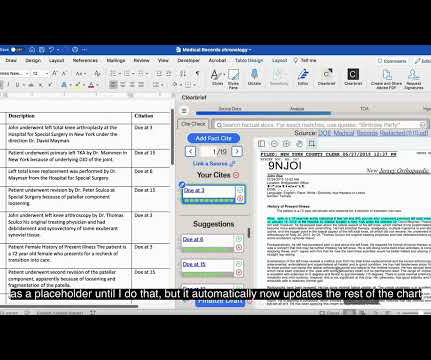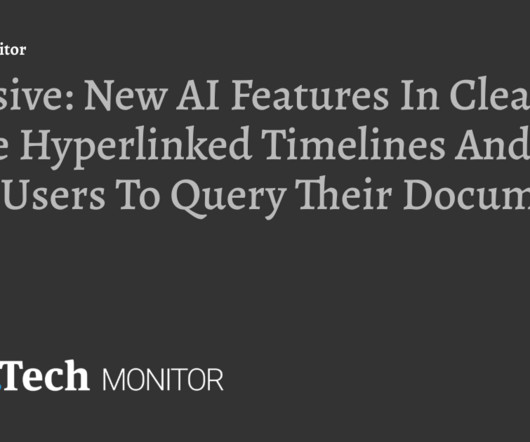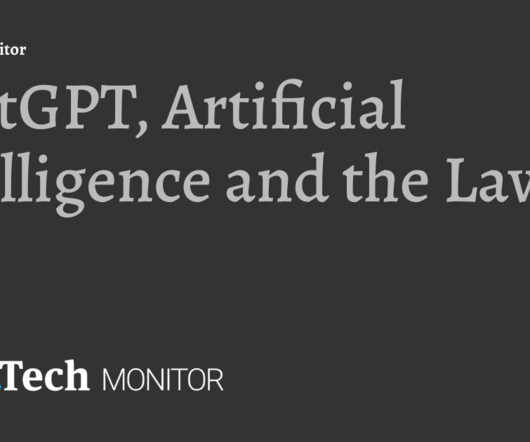Exclusive: New AI Features In Clearbrief Create Hyperlinked Timelines And Allow Users To Query Their Documents
Above the Law - Technology
AUGUST 15, 2023
The Seattle-based legal tech startup Clearbrief already uses artificial intelligence to strengthen your legal writing by finding the best evidence in the record to support your arguments (or debunk your opponent’s). From that document set, the user can select which documents to use to generate the timeline.






















Let's personalize your content